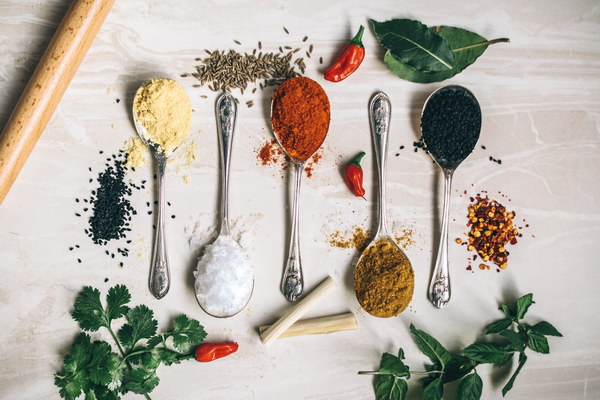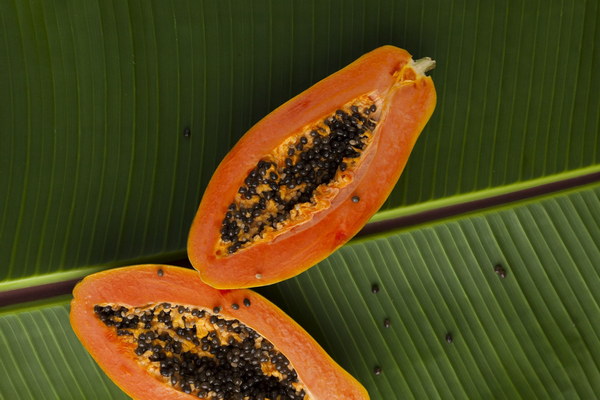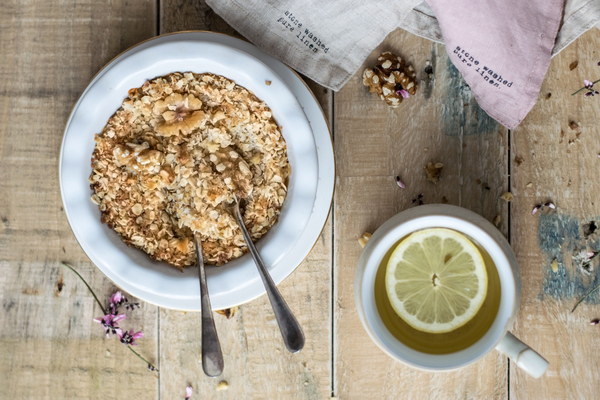Natural Remedies to Alleviate Dampness in the Body A Comprehensive Guide to TCM Practices
Introduction:
Dampness in the body, often referred to as dampness syndrome in Traditional Chinese Medicine (TCM), is a common condition characterized by excessive moisture in the body's tissues. This imbalance can lead to a range of symptoms such as fatigue, bloating, weight gain, and joint pain. In this article, we explore various natural remedies and TCM practices to help alleviate dampness in the body and restore balance.
1. Diet and Nutrition:
A key aspect of managing dampness is adjusting one's diet. Here are some tips to consider:
- Avoid cold, raw, and damp foods such as ice cream, salads, and uncooked vegetables.
- Minimize the intake of sweet, heavy, and greasy foods like desserts, fried foods, and red meats.
- Incorporate warming and drying foods into your diet, such as lean proteins, whole grains, and root vegetables like carrots, beets, and sweet potatoes.
- Increase your consumption of foods with diuretic properties, like leeks, asparagus, and cucumbers, to help eliminate excess moisture.
- Drink plenty of warm water or herbal teas to aid in digestion and promote urination.
2. Herbs and Supplements:
TCM utilizes a variety of herbs to address dampness. Some commonly used herbs include:
- Astragalus (Astragalus membranaceus): Known for its immune-boosting properties, it helps to strengthen the body's resistance against dampness.
- Poria (Poria cocos): This herb has a drying effect on the body and is often used in combination with other herbs to treat dampness-related conditions.
- Licorice (Glycyrrhiza uralensis): Licorice helps to harmonize the body's energy and can be used to balance the effects of other herbs.
- Cinnamon (Cinnamomum cassia): Cinnamon has warming properties and can help to expel dampness from the body.
3. Lifestyle Adjustments:
Making certain lifestyle changes can also help in managing dampness:
- Regular exercise: Engaging in moderate physical activity, such as walking, jogging, or yoga, can help to increase circulation and promote the elimination of dampness.
- Adequate sleep: Ensure you get enough restful sleep to allow your body to recover and maintain balance.
- Avoid excessive exposure to moisture: Minimize time spent in damp or humid environments, and ensure proper ventilation in your living space.
- Manage stress: Stress can exacerbate dampness in the body. Techniques such as meditation, deep breathing exercises, and tai chi can help in managing stress levels.
4. Acupuncture and Massage:
Acupuncture, a key component of TCM, can help to balance the body's energy and address dampness. Acupuncturists may target specific points to stimulate the body's natural healing processes. Additionally, massage therapy can help to improve circulation and promote the release of excess moisture.

5. Herbal Baths:
Herbal baths can be a soothing and effective way to address dampness. Combine dried herbs such as cinnamon, ginger, and turmeric with a warm bath to help dry and warm the body from the outside.
Conclusion:
Alleviating dampness in the body requires a holistic approach that includes dietary changes, herbal remedies, lifestyle adjustments, and possibly complementary therapies such as acupuncture. By addressing the root causes of dampness and restoring balance to the body, individuals can experience relief from the symptoms and improve their overall well-being. Always consult with a healthcare professional before making significant changes to your diet or treatment plan.









